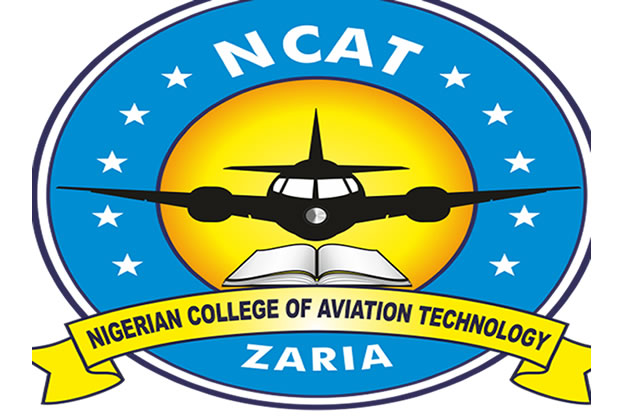The Nigerian College of Aviation Technology (NCAT) in Zaria is grappling with a significant challenge: the persistent poaching of its highly trained technical staff by competing entities within the Nigerian aviation industry and abroad. This brain drain is severely hampering the college’s operations and its ability to fulfill its mandate of training aviation professionals. The Rector, Dr. Danjuma Ismaila, expressed his concerns about this ongoing issue, highlighting the considerable investment NCAT makes in training its personnel, only to see them lured away by more lucrative offers elsewhere. This loss of experienced staff not only depletes the college’s expertise but also undermines its long-term sustainability. The rector emphasized the urgent need for strategies to retain skilled personnel and mitigate the negative impact of staff attrition.
Several key factors contribute to NCAT’s vulnerability to poaching. Primarily, the disparity in salary packages between the college and other aviation organizations makes it difficult for NCAT to compete in attracting and retaining talent. Employees, after receiving specialized training and certifications at NCAT’s expense, are often enticed by significantly higher wages offered by airlines and sister agencies. This creates a revolving door effect, where NCAT invests in developing its workforce, only to lose them to competitors who can offer better compensation. This continuous cycle of training and loss not only drains the college’s resources but also hinders its ability to maintain a stable and experienced pool of instructors and technical staff.
To address this critical issue, the college management is proposing a multi-pronged approach. One key strategy involves implementing a bonding policy for technical staff. This would require employees to commit to working at NCAT for a specified period after completing their training, effectively ensuring a return on the college’s investment. This bond would serve as a deterrent to premature departures and provide a degree of stability to the workforce. Simultaneously, NCAT is engaging with the Nigerian Civil Aviation Authority (NCAA) to explore the possibility of restricting the use of certificates granted by the college. The proposal suggests that these certificates be valid solely for training purposes within NCAT, preventing individuals from using their NCAT-acquired qualifications to seek employment elsewhere.
Furthering their efforts to retain valuable personnel, NCAT is also appealing to the Salaries and Wages Commission for a review of its salary structure. The rector emphasized the need for special consideration to be given to the college, recognizing the unique nature of its operations and the importance of its role in training aviation professionals. A competitive salary package would level the playing field and make NCAT a more attractive employer, reducing the incentive for staff to seek employment elsewhere. By addressing the salary disparity, the college aims to create a more stable and motivated workforce, ultimately enhancing its training capacity and overall effectiveness.
Beyond the staff retention challenges, NCAT also faces financial constraints that limit its growth and operational capacity. The rector highlighted the underutilization of certain facilities, most notably a flight simulator acquired five years ago, due to these financial limitations. This inability to maximize the use of its resources represents a lost opportunity for the college to enhance its training programs and generate additional revenue. The rector expressed hope that the simulator would soon be put to use, following necessary certifications and collaborations with the NCAA and other relevant agencies. Activating the simulator would significantly enhance the quality of training provided by NCAT and further contribute to its mission of developing skilled aviation professionals.
In conclusion, the Nigerian College of Aviation Technology is facing a complex set of challenges that threaten its ability to fulfill its crucial role in the aviation sector. The poaching of skilled staff, driven by salary disparities and attractive offers from competing organizations, is a major concern. The college is actively pursuing strategies to mitigate this issue, including bonding agreements, potential restrictions on certificate usage, and advocacy for improved salary packages. Furthermore, NCAT is working to overcome financial constraints that limit its operational capacity and hinder the full utilization of its resources. Addressing these challenges effectively is essential for the college’s long-term sustainability and its continued contribution to the development of a skilled and competent aviation workforce in Nigeria.


